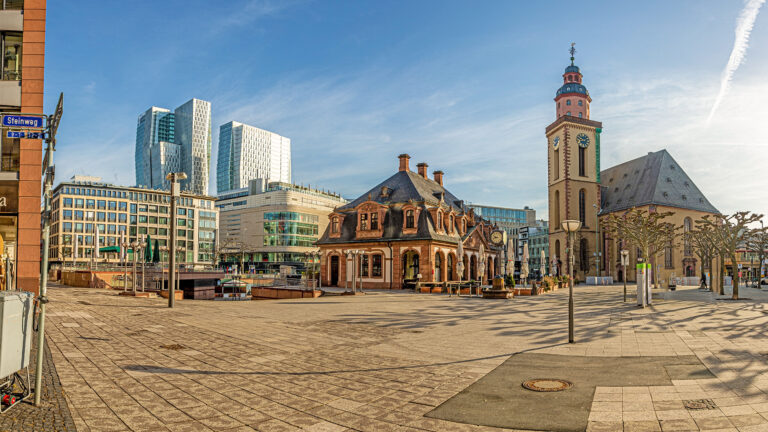EQT, one of the world’s largest private market investors, is doubling down on Asia, positioning the region as a primary growth engine and a source of some of its most attractive opportunities across private equity and infrastructure. The firm noted that an increasing number of global investors are seeking portfolio diversification and are reallocating more capital toward Asia as the opportunity set expands.
In April, EQT raised more than $10 billion for its ninth Asia-focused private equity fund, BPEA Private Equity Fund IX, which launched in August 2024 with a $12.5 billion target. Alongside this, the firm is planning an investment of around $930 million into South Korea-based enterprise software company Douzone Bizon. EQT’s strategy reflects a wider trend among global private equity firms, as competitors such as KKR have indicated that a significant portion of their 2025 capital returns will be generated in Asia, even hosting key leadership meetings in the region despite being headquartered elsewhere.
EQT’s long-time Asia chair, Jean-Eric Salata, who is set to become global chairman next year, has emphasized that success in the region depends on maintaining a strong on-the-ground presence to exploit persistent market inefficiencies and unlock structural alpha. With approximately 350 employees located across Asia, the firm believes that navigating regional complexity, sourcing quality deals, recruiting talent, and managing exits all require deep local expertise, particularly given Asia’s relatively high barriers to entry compared to Western markets.
While many international investors remain cautious on China, EQT views the market differently, identifying stronger potential in early-stage strategies where innovation and growth remain robust. The firm sees China’s buyout market as still developing in terms of maturity, but believes early-stage investments offer compelling upside. Its broader Asia strategy is built around companies driven by domestic demand rather than cross-border trade, helping insulate its portfolio—across sectors such as services, software, education, and financial services—from geopolitical risks, including US-China tensions.
EQT’s exposure to domestically oriented businesses has helped reduce sensitivity to external pressures, with examples such as its large hospital group in India benefiting from growing local demand for healthcare services and remaining largely unaffected by trade dynamics. While China previously accounted for more than half of Asia-Pacific private equity deal value in 2020, that share declined significantly to 27% in 2024, highlighting a broader regional shift in capital allocation.
Despite challenging exit environments and persistent interest rate concerns, EQT has maintained that its performance is driven by underlying asset quality and value creation efforts rather than monetary cycles. The firm has not based its strategy on expectations of lower rates, instead focusing on strengthening operational capabilities and long-term fundamentals. Recent transactions, including the acquisition of Nord Anglia Education at a valuation of $14.5 billion, have reinforced EQT’s approach, with strong investor distributions achieved even under tight financial conditions.
By prioritizing resilient sectors and building businesses that generate sustainable value, EQT is pursuing an all-weather investment strategy designed to perform across economic cycles, maintaining confidence in Asia’s long-term potential as a core driver of global private markets growth.
Source: CNBC













